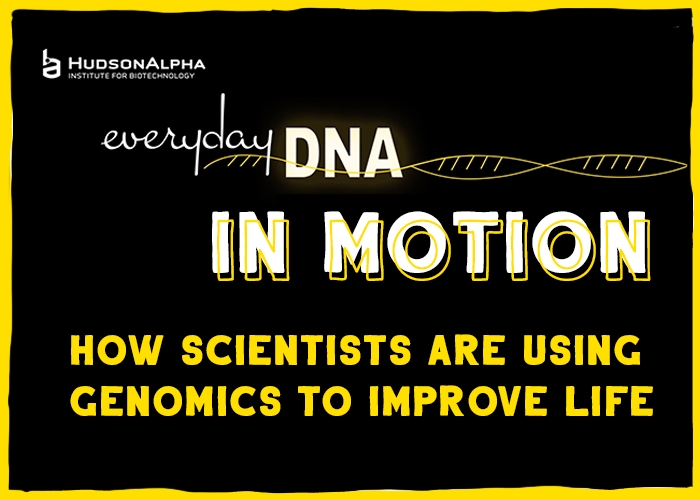Faculty investigator Devin Absher, Ph.D., took a new procedure, which he developed, that can capture large, contiguous blocks of the genome for sequencing applications, and turned it into one of HudsonAlpha’s newest associate companies.
The development of the procedure was the subject of the paper “Targeted Sequencing of Large Genomic Regions with CATCH-Seq” published in October 2014 in the online journal PLOS ONE. In the paper, Absher and colleagues discuss the development of the CATCH-Seq method, which can be used to capture both coding and non-coding regions of a gene and resolve the boundaries of copy number variations within a genomic target site. CATCH-Seq stands for clone adapted template capture hybridization sequencing.
“High throughput sequencing is providing a foundation for both individualized patient therapies and newly developing programs in personalized medicine, however, whole genome sequencing is expensive,” said Absher. “CATCH-Seq utilizes a simple approach for the targeted capture of any genomic region for which mapped clones exist and is designed specifically for next-generation sequencing.”
Founded in 2013, Ubiquity Genomics provides tools and services for next-generation sequencing applications. Its proprietary technology enables researchers to sequence large, contiguous blocks of any reference genome at a cost that is significantly lower than other target enrichment approaches.
This new method is a prime example of how HudsonAlpha moves discoveries from bench to bedside. HudsonAlpha develops, maintains and applies cutting-edge genomic technology across a wide spectrum of biology and biomedical research. Absher is one of the many faculty investigators that has access to high-quality next generation sequencing, state-of-the-art labs and funding sources that help the Institute convert intellectual property into viable solutions and get them to market.


